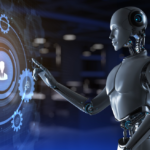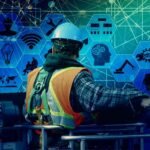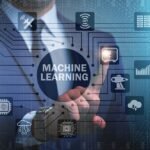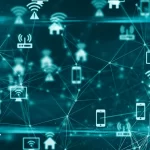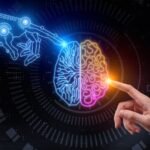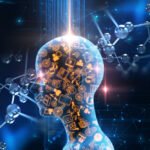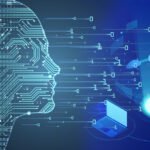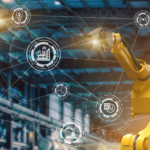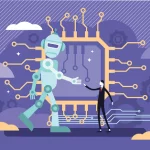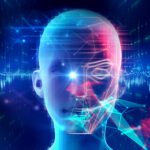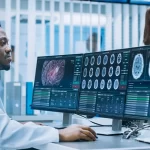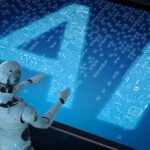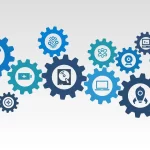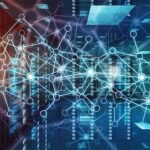The Evolution of Artificial Intelligence
Artificial intelligence (AI) has come a long way since its inception, evolving from a concept in science fiction to a transformative force across various industries. Over the years, AI has grown in complexity and sophistication, enabling machines to perform tasks that were once deemed exclusively human. In this blog, we will explore the evolution of AI, from its early beginnings to its current state, and discuss its potential for shaping the future.
- The Birth of AI: Foundational Concepts
The seeds of AI were sown in the 1950s and 1960s, with the development of foundational concepts such as neural networks, logic-based reasoning, and machine learning. Pioneering researchers like Alan Turing and John McCarthy laid the groundwork for AI by proposing theories and algorithms that aimed to simulate human intelligence. These early years witnessed significant progress in rule-based systems and expert systems, which paved the way for subsequent advancements.
- Knowledge-Based Systems: Expertise in Machines
The 1970s and 1980s witnessed the rise of knowledge-based systems and expert systems, which aimed to capture and utilize domain-specific knowledge in software. These systems employed rule-based programming and logic to emulate human expertise in narrow domains. Though limited in scope, they demonstrated the potential of AI to assist in decision-making and problem-solving, particularly in specialized fields like medicine and finance.
- Machine Learning: Unleashing Data-Driven Intelligence
The emergence of machine learning in the late 1980s brought a paradigm shift to AI. Machine learning algorithms enabled computers to learn from data and improve performance without explicit programming. Techniques like neural networks, support vector machines, and decision trees revolutionized pattern recognition and predictive modeling. Machine learning opened the doors to applications such as spam filtering, recommendation systems, and speech recognition, making AI more accessible and practical.
- Big Data and Deep Learning: Advancements in Neural Networks
The proliferation of digital data and advancements in computational power set the stage for breakthroughs in deep learning. Deep neural networks with multiple layers demonstrated exceptional capabilities in image and speech recognition, natural language processing, and more. The introduction of convolutional neural networks (CNNs) and recurrent neural networks (RNNs) further propelled AI’s ability to process complex data and learn hierarchical representations. Deep learning algorithms powered by massive datasets marked a new era of AI applications, with significant implications across industries.
- Cognitive Computing and AI-Assisted Decision Making
Cognitive computing emerged as a subfield of AI, aiming to replicate human-like cognitive processes, including perception, reasoning, and problem-solving. AI systems, equipped with natural language processing and machine learning, demonstrated advanced capabilities in understanding and responding to human language. Applications like chatbots, virtual assistants, and sentiment analysis exemplify the intersection of AI and cognitive computing, empowering machines to interact and assist humans in various domains.
- AI Today and Beyond: Intelligent Automation and Robotics
AI has transcended theoretical concepts and become an integral part of our daily lives. Intelligent automation, driven by AI algorithms, is transforming industries through tasks such as process automation, predictive maintenance, and supply chain optimization. Robotics, coupled with AI, has enabled advancements in autonomous vehicles, industrial automation, and even humanoid robots. As AI continues to evolve, the integration of AI with other emerging technologies like Internet of Things (IoT) and augmented reality (AR) holds the potential to redefine industries and shape the future of work and society.










